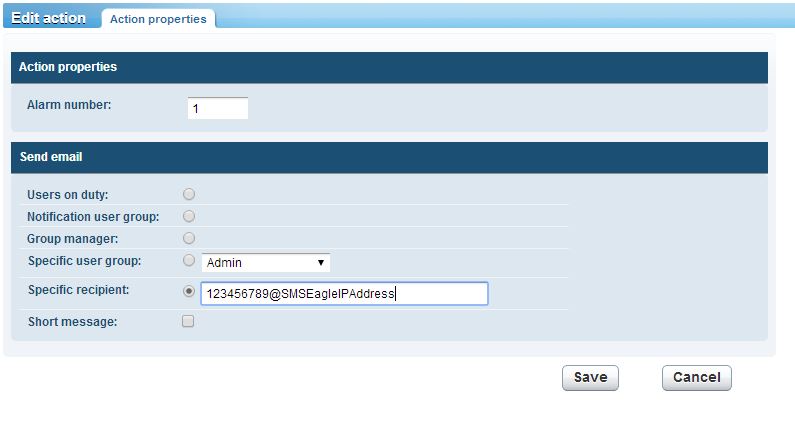

- Kaseya agent port update#
- Kaseya agent port Patch#
- Kaseya agent port code#
- Kaseya agent port password#
Kaseya agent port password#
Below are a list of IP addresses you can whitelist in your firewall (allow 443 inbound to FROM ), if you are using these integrations with your VSA On-Premises product." explains Kaseya.Īfter installing the patch, all users will be required to change their password to one using new password requirements.We just got Kaseya for our client so just getting used to the miriad of options. Some integrations may require inbound access to your VSA server on port 443. "For VSA On-Premises installations, we have recommended limiting access to the VSA Web GUI to local IP addresses by blocking port 443 inbound on your internet firewall. The REvil affiliate used the agent.crt and agent.exe files to deploy the REvil ransomware executable.įor additional security, Kaseya is also suggesting on-premise VSA admin restrict access to the web GUI to local IP addresses and those known to be used by security products. The scripts will check VSA servers for the presence of 'Kaseya\webpages\managedfiles\vsaticketfiles\agent.crt' and 'Kaseya\webpages\managedfiles\vsaticketfiles\agent.exe,' and 'agent.crt' and 'agent.exe' on endpoints. Kaseya also urges customers to utilize their "Compromise Detection Tool," a collection of PowerShell scripts to detect whether a VSA server or endpoints have been compromised. Of these steps, it is critical that on-premise VSA servers not be publicly accessible from the Internet to prevent compromise while installing the patch. Using URL Rewrite to control access to VSA through IIS.Patch the Operating Systems of the VSA Servers.Check System for Indicators of Compromise (IOC).
Kaseya agent port update#
However, Kaseya is urging customers to follow the ' On Premises VSA Startup Readiness Guide' steps before installing the update to prevent further breaches and make sure devices are not already compromised.īelow are the basic steps that admins should perform before starting up VSA servers again and connecting them to the Internet:

Kaseya agent port Patch#
Since the attack, Kaseya has urged on-premise VSA customers to shut down their servers until a patch is ready.Īlmost ten days after the attacks, Kaseya has released the VSA 9.5.7a (9.) update to fix the vulnerabilities used in the REvil ransomware attack. It is unclear which vulnerabilities were used in the attack, but it is believed to be one or a combination of CVE-2021-30116, CVE-2021-30119, and CVE-2021-30120. Unfortunately, the REvil ransomware gang beat Kaseya to the finish line and utilized these vulnerabilities to launch a massive attack on July 2nd against approximately 60 MSPs using on-premise VSA servers and 1,500 business customers. Kaseya had implemented patches for most of the vulnerabilities on their VSA SaaS service but had not completed the patches for the on-premise version of VSA. CVE-2021-30201 - A XML External Entity vulnerability, resolved in May 8th patch.CVE-2021-30121 - A Local File Inclusion vulnerability, resolved in May 8th patch.CVE-2021-30119 - A Cross Site Scripting vulnerability, to be included in 9.5.7.
Kaseya agent port code#
CVE-2021-30118 - A Remote Code Execution vulnerability, resolved in April 10th patch.CVE-2021-30117 - An SQL injection vulnerability, resolved in May 8th patch.CVE-2021-30116 - A credentials leak and business logic flaw, to be included in 9.5.7.

In April, the Dutch Institute for Vulnerability Disclosure (DIVD) disclosed seven vulnerabilities to Kaseya: MSPs can deploy VSA on-premise using their servers or utilize Kaseya's cloud-based SaaS solution. Kaseya VSA is a remote management and monitoring solution commonly used by managed service providers to support their customers. Kaseya has released a security update for the VSA zero-day vulnerabilities used by the REvil ransomware gang to attack MSPs and their customers.


 0 kommentar(er)
0 kommentar(er)
